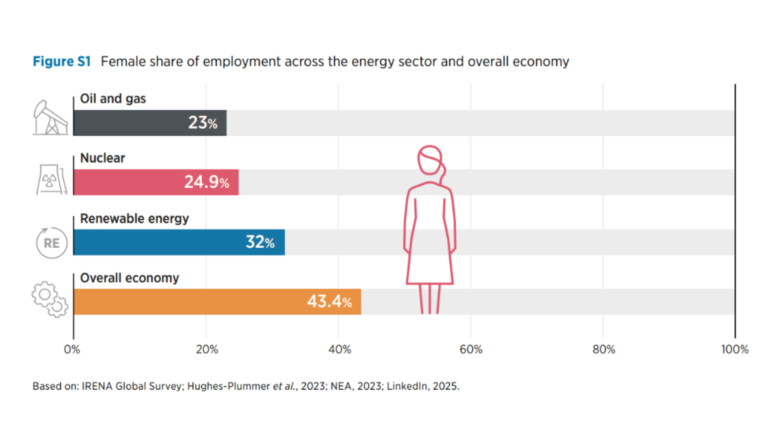MoP issues competitive bidding guidelines for pumped storage procurement
Author: PPD Team Date: February 17, 2025
The Ministry of Power has introduced tariff-based competitive bidding guidelines for procuring stored energy from existing, under-construction, or new Pumped Storage Projects (PSP). As per the National Electricity Plan 2023, India will require 74 GW/411 GWh of energy storage systems by 2031-32, including 27 GW/175 GWh from PSP and 47 GW/236 GWh from Battery Energy Storage Systems (BESS).
Procurement Modes
The procurement process follows two models:
- Mode 1 (Procurer-Identified Sites): The procurer identifies the site and develops a special purpose vehicle (SPV) for pre-feasibility activities and clearances. The PSP will operate under a build-own-operate-transfer model for 25 to 40 years, reducing risks for developers.
- Mode 2 (Bidder-Identified Sites): Developers independently identify sites or use existing PSPs, securing statutory clearances on their own. These projects follow a build-own-operate model for 15 to 40 years, carrying higher risk due to potential approval delays.
Bidding Parameters
Bidders will be evaluated based on:
- Storage charges (Rs/{MW/kW}/{year/month})
- Storage charges with pre-specified viability gap funding (VGF) or annuity
- Composite tariff (Rs/kWh) covering input power and storage costs
Eligibility Criteria
Bidders must have infrastructure development experience over the past five years and meet financial criteria, including a net worth or investible funds of at least 20 per cent of the estimated PSP capital cost. The money deposit is set at 2 per cent of the capital cost, while the performance bank guarantee is 5 per cent.
Contracting and Tariff Approval
The procurer and the successful bidder will sign a Power Purchase Agreement (PPA). If an intermediary procurer is involved, a power sale agreement will be signed. The procurer must disclose winning bidders and tariffs on its website for at least 30 days. The tariff must be approved by the appropriate Commission within 60 days of the Letter of Award (LoA). Delays in approval may extend financial closure and supply commencement dates. The PPA must be signed within six months of the LoA, or the awarded capacity will be cancelled unless an extension is granted.
Transmission and Commissioning
Developers must secure transmission connectivity under general network access regulations. Force majeure events must be reported within 15 days. The financial closure period is 12 months, with extension charges of Rs 1,000 per MW per day of delay. At least 50 per cent of the project capacity or 50 MW, whichever is lower, must be commissioned before operations begin.
Compensation and Late Payment Surcharge (LPS)
Developers will be compensated if energy storage procurement is affected by transmission constraints. Under the tolling tariff model, developers will receive compensation for reduced off-take below normative levels. In the composite tariff model, payments for reduced supply will be capped at 60 per cent of the agreed tariff. Developers must offer unused capacity under LPS rules, with profit-sharing regulated accordingly.



